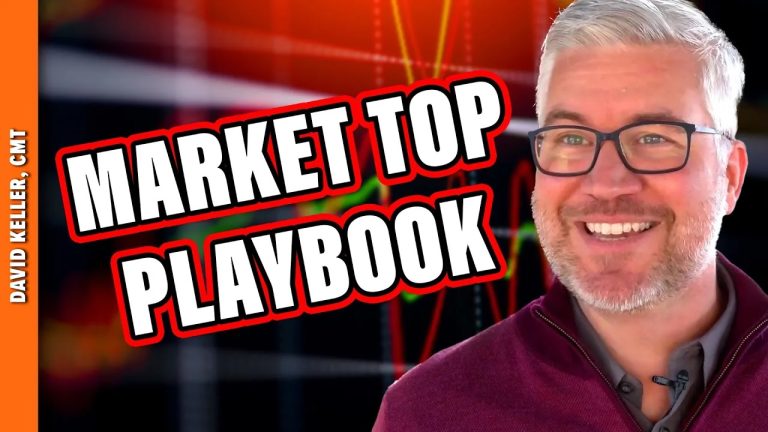Which market sentiment indicators should we follow to validate the current bull market phase and anticipate a potential market top? David Keller, CMT breaks down three sentiment indicators he’s watching in October 2024, explains their calculations and methodology, reviews their signals during previous bull market cycles, and describes a “market top playbook” for market sentiment.
This video originally premiered on October 14, 2024. Watch on our dedicated David Keller page on StockCharts TV!
Previously recorded videos from Dave are available at this link.

